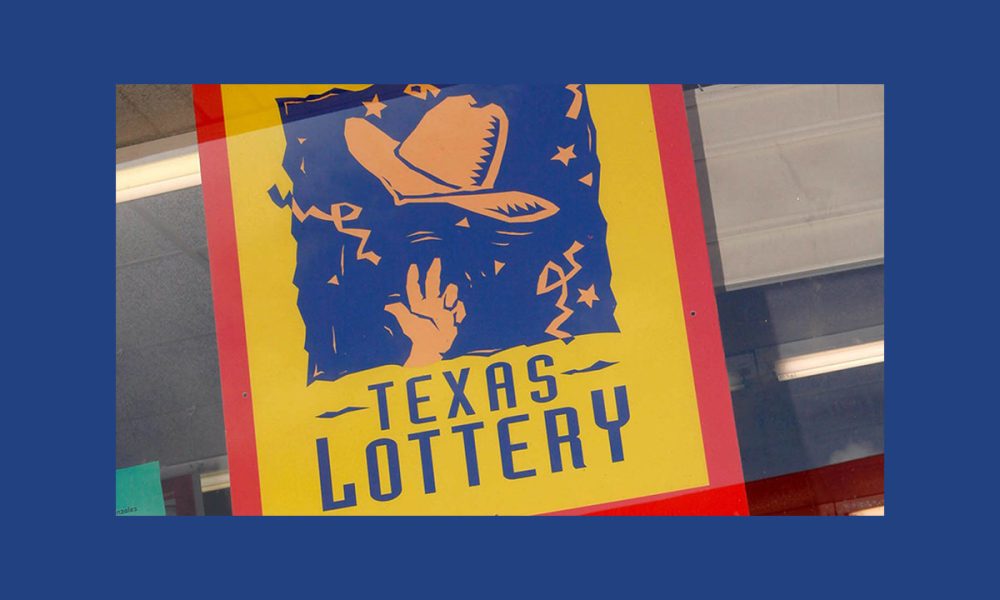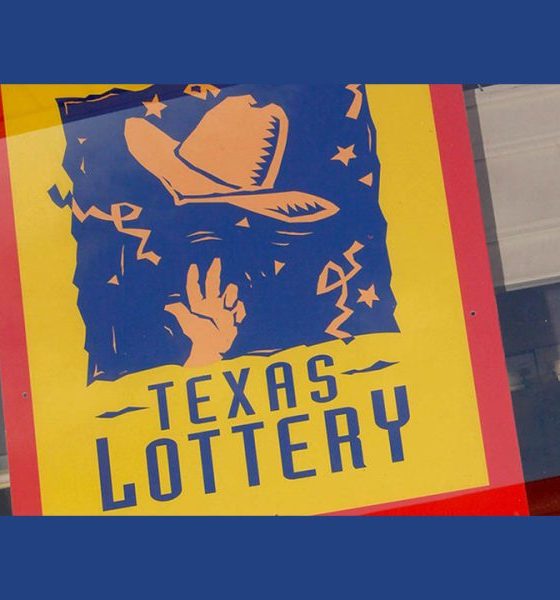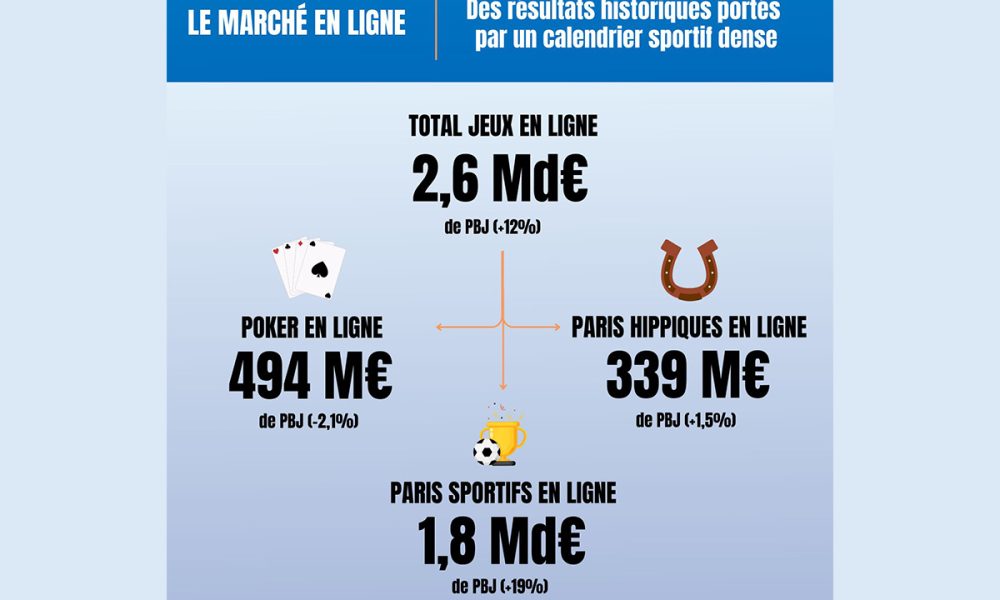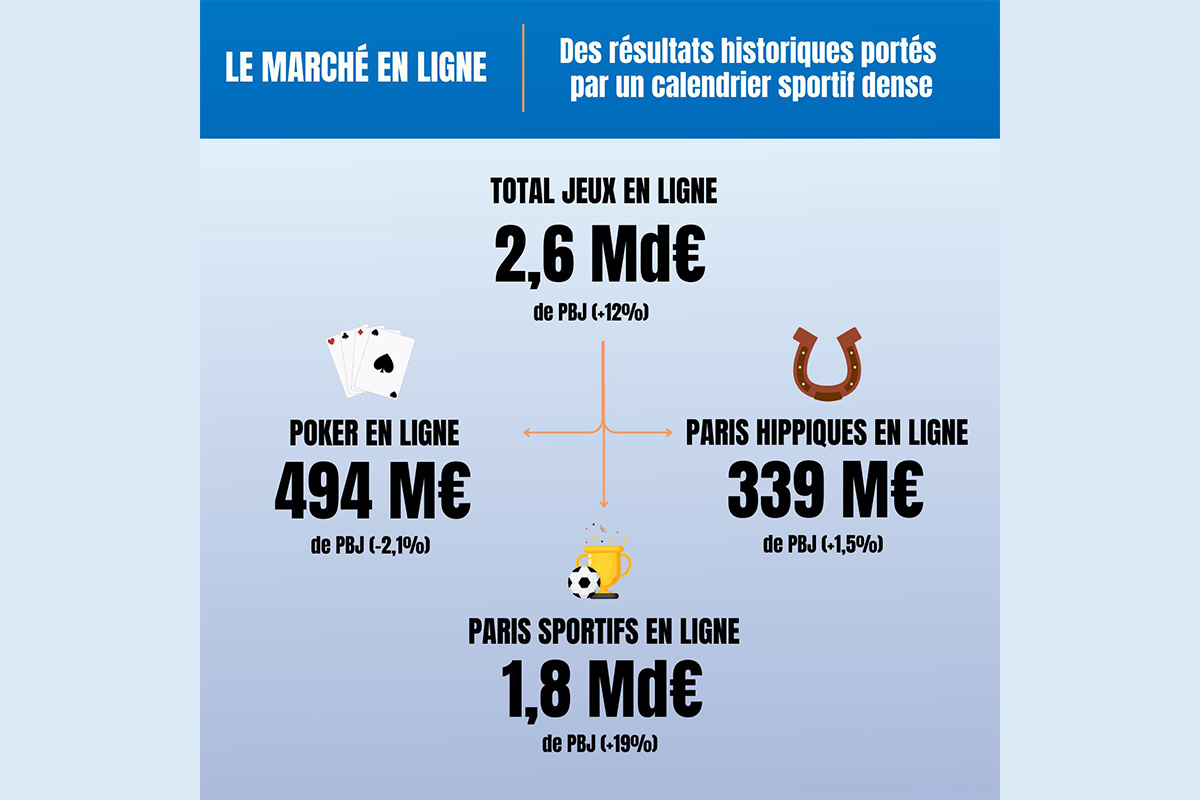

Compliance Updates
Texas Lottery Moves to Ban Lottery Courier Services
Texas Lottery Commission Executive Director Ryan Mindell on Monday, Feb. 24, issued a Policy Statement, announcing that lottery ticket courier services are not allowed under Texas law and that the agency will move forward with proposed rule amendments prohibiting lottery courier services within the state.
The Policy is effective immediately and aligns with legislative efforts to address serious concerns raised by players and state leadership regarding the integrity, security, honesty, and fairness of lottery operations. Under the proposed amendments, a retailer that works in concert with a courier service would have their lottery ticket sales agent license revoked. The rule amendments will be formally proposed by agency staff to the Commission board at an open meeting scheduled for Tuesday, March 4, with the intent for the amendments to be adopted at an April open meeting following a 30-day public comment period.
Couriers are unregulated companies that take lottery ticket orders from customers online. Upon receipt of funds from a customer, the courier purchases lottery tickets from a licensed lottery retailer with whom the courier has a private business arrangement. In practice, the courier and the retailer are often located in the same building or office. The courier transmits a scanned image of the ticket to the customer and retains the ticket until it is determined to be a winning or non-winning ticket. Couriers charge a fee for their service to purchase and manage their customers’ tickets. These activities all occur without the oversight of a regulating authority to ensure that the public is protected from potential crime and other harms.
“The Texas Lottery was established to provide a secure and transparent system for players to purchase tickets in person from licensed brick-and-mortar retailers for the purpose of generating revenue for public education and veterans’ services in a responsible manner. Lottery courier services operating in Texas have been a significant concern for many of our stakeholders. Previously, the agency interpreted its authority as not extending to the regulation or prohibition of these services. Since I became executive director less than a year ago, I have been keenly focused on making changes to improve the public’s perception of Texas Lottery games and how they are played and operated. In recent days, our agency conducted a review of our authority under the State Lottery Act. As a result of this review and information from recent retailer investigations, the Commission will revoke the license of a retailer that works with or assists a courier service and we are moving to prohibit courier services in Texas to ensure all ticket sales comply with state law and agency regulation as well as to maintain public trust,” said Mindell.
The impact of lottery courier services has raised public concerns regarding consumer protection, compliance with state law, the proliferation of crime, and the potential for unauthorized expansion of lottery sales. In recent years, scrutiny over the role of these services has increased, with calls for regulatory action to ensure all ticket purchases remain within a clearly defined, secure, and enforceable legal framework.
“Our priority is to protect the security and integrity of the Texas Lottery and the public’s confidence in our games. By this rule proposal, the agency will take decisive action to ensure that ticket sales remain in full compliance with state law. Maintaining a well-regulated lottery system that serves the people of Texas is essential to fulfilling our mission of responsibly generating important revenue for public education and veterans’ services in our state. I look forward to adopting these rules and continuing our commitment to the people of Texas. The Texas Lottery Commission is dedicated to upholding the integrity of lottery operations and will work in full cooperation with the Legislature to implement any further changes deemed necessary,” Robert G. Rivera, Chairman of the Texas Lottery Commission, said.
The post Texas Lottery Moves to Ban Lottery Courier Services appeared first on Gaming and Gambling Industry in the Americas.
Compliance Updates
Peru Reports 40% Drop in Illegal Online Gambling

Peru’s Ministry of Foreign Trade and Tourism (Mincetur) reported that, a little more than a year after having implemented the law that regulates the online sector, it has been able to reduce by 40% the offer of illegal games in digital platforms and applications.
In a public statement, the Executive portfolio in charge of regulating gambling also highlighted that, thanks to the inspection work, 15% of the illegal websites “have left the Peruvian market” and that “payment methods providers and financial entities have been contacted to block services to unauthorized operators”.
Based on this, Mincetur highlighted that “Peru has managed to position itself as a regional referent in the integral regulation of gambling” and that, through the normative framework, it was possible to “protect the consumer, guarantee transparency in the operations and promote the formal and sustainable economic development”.
The Ministry highlighted that with the implementation of Law No 31557, which regulates sports betting and online games, “the country became the third country in Latin America to establish clear regulations for this activity”.
“Since its entry into force in February 2024, 60 technological platforms have been authorized and 280 linked service providers have been registered, as well as the accreditation of nine international certification laboratories,” Mincetur said.
In this regard, the Ministry stated that “this regulation has made it possible to formalize the digital sector, promoting an environment of trust for both operators and users.” At the same time, it has allowed “new investment opportunities, boosting the digitalization of entertainment and strengthening the country’s tax collection”.
The post Peru Reports 40% Drop in Illegal Online Gambling appeared first on Gaming and Gambling Industry in the Americas.
Coljuegos
Colombia’s Coljuegos Intensifies its Efforts to Block Illegal Gambling Websites

Coljuegos, the regulatory authority overseeing gambling sites in Colombia, has intensified its efforts to block illegal gambling websites. Coljuegos will now directly send requests to Internet Service Providers to block websites that operate online games without paying the respective royalties.
Coljuegos President Marco Emilio Hincapié said this strategy will be implemented based on Circular 017 of 2025, issued by the Ministry of ICT, which defined the guidelines and procedures for blocking websites dedicated to the exploitation, sale, payment, or advertising of unauthorized games of chance.
“From the Government of Change, we are working together to protect the gambling industry. After several roundtable discussions with the Ministry of Information and Communications (MINTIC), we were able to simplify the process of blocking illegal gambling websites,” Hincapié said.
The president of the entity highlighted that, to date, nearly 26,600 blocking orders have been issued to unauthorized betting sites.
“With this new procedure, we hope to block illegal platforms more quickly. We will no longer have to submit requests to different entities; instead, we will be able to order blocks directly from internet providers,” Hincapié said.
This Ministry of Information and Communications (MINTIC) measure is issued in compliance with Decree 0175 of 2025, which adopted tax measures due to the state of internal unrest declared by the National Government.
“In addition to fighting illegal operators, our goal is to protect resources for peace and health, as well as provide greater safeguards for the 14 authorized operators in the country,” Hincapié added.
The post Colombia’s Coljuegos Intensifies its Efforts to Block Illegal Gambling Websites appeared first on Gaming and Gambling Industry in the Americas.
Compliance Updates
French GGR Reaches €14 Billion in 2024

France’s gambling market reached a gross gaming revenue (GGR) of €14 billion in 2024, a 4.7% increase from 2023.
This growth applies to most segments of the market, particularly lotteries and online sports betting, where sales have risen by 19%, driven by the exceptional sporting calendar with the Euro football championships and the Paris Olympics.
The online market enjoyed a record year, with GGR of €2.6 billion, up 12% from 2023. Spearheading this growth, online sports betting recorded a GGR of almost €1.8 billion, up 19% grom 2023. With a market share of over 12% of the total gambling market, online sports betting is the second-largest contributor to market growth, accounting for 43%. Online horse betting is up slightly by almost 1%, while poker has seen its GGR fall by 2%, after growing continuously between 2021 and 2023.
As a sign of its vitality, after two years of decline, the online gaming market has seen significant growth in the number of Active Player Accounts (APAs), with 5.7M APAs (+11% compared with 2023). This trend can be seen across all market segments (13% growth for sports betting, 11% for poker and 4% for horse betting). Similarly, the number of unique players now stands at 3.9 million (up 8% from 2023, with an average player owning 1.5 accounts). The population of sports bettors is getting younger (30% of sports bettors are between 18 and 24 years old) and is also becoming more feminised.
Of the forty or so sports open to betting in France, four in particular stand out in terms of the amounts staked: football (€5,630m stakes), tennis (€2,273m), basketball (€914m) and rugby (€186m). In 2024, these 4 sports alone account for 87.5% of online sports betting stakes. Sports such as volleyball, ice hockey, badminton, handball and cycling have also seen a significant increase in their stakes (+31% between 2023 and 2024).
With a market share of almost 50%, FDJ United is the leading contributor to market growth and is consolidating its position as leader in the French gambling market, with a gross gaming revenue exceeding €7 billion for the first time (+6% compared to 2023). This growth is being driven mainly by lotteries (€5.8bn, +5% in GGR).
GIE PMU’s business, which record €6.6bn in bets and €1.7bn in GGR in 2024, is down 2%. However, PMU’s net profit remain stable at €837m (compared with €835m in 2023), enabling it to maintain its funding for the horseracing industry. Despite a slight drop in the PMU’s market share (12% of the market’s PBJ, supplanted for the first time by online sports betting), the PMU’s pool of players is up 6% in 2024 (3.5M players), returning to the 2019 level before the health crisis.
The year 2024 mark a consolidation for casinos, with GGR up slightly by 1.2% to €2.7 billion and the number of admissions stable at 31 million. Gaming club GGR slowed to €123m.
The post French GGR Reaches €14 Billion in 2024 appeared first on European Gaming Industry News.
-

 gaming3 years ago
gaming3 years agoODIN by 4Players: Immersive, state-of-the-art in-game audio launches into the next generation of gaming
-
EEG iGaming Directory8 years ago
iSoftBet continues to grow with new release Forest Mania
-
News7 years ago
Softbroke collaborates with Asia Live Tech for the expansion of the service line in the igaming market
-
News6 years ago
Super Bowl LIII: NFL Fans Can Bet on the #1 Sportsbook Review Site Betting-Super-Bowl.com, Providing Free Unbiased and Trusted News, Picks and Predictions
-
iGaming Industry7 years ago
Rick Meitzler appointed to the Indian Gaming Magazine Advisory Board for 2018
-
News6 years ago
REVEALED: Top eSports players set to earn $3.2 million in 2019
-
iGaming Industry7 years ago
French Senator raises Loot Boxes to France’s Gambling Regulator
-
News7 years ago
Exclusive Interview with Miklos Handa (Founder of the email marketing solutions, “MailMike.net”), speaker at Vienna International Gaming Expo 2018














